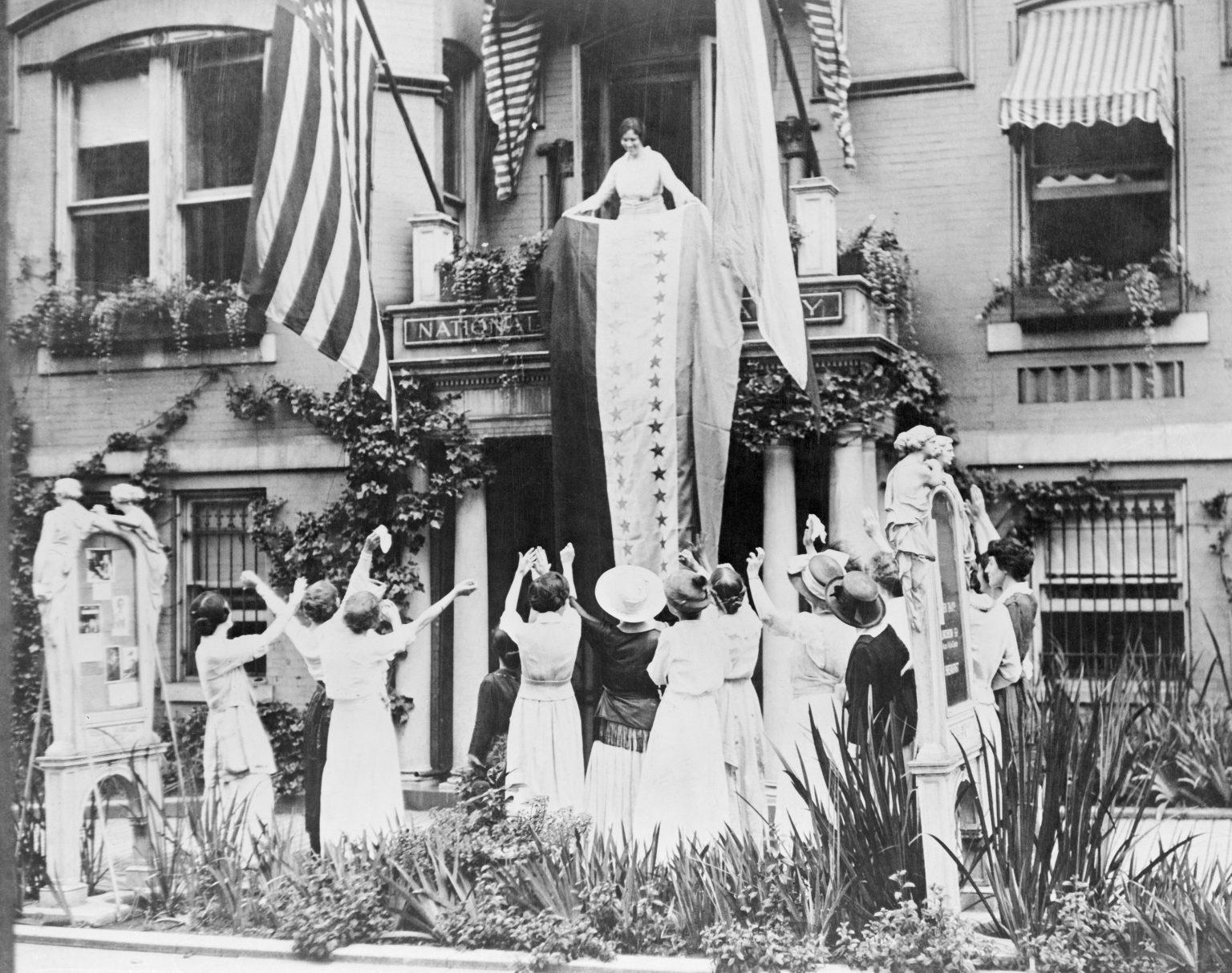The 19th Amendment to the U.S. Constitution, ratified on August 18, 1920, marked a significant milestone in the fight for gender equality by granting women the right to vote. Often referred to as the Susan B. Anthony Amendment, in recognition of the suffragist’s relentless efforts to advocate for women’s suffrage, the amendment was a long overdue victory for women’s rights. Wyoming had been at the forefront of the movement, granting women the right to vote in the territory in 1869. After decades of struggle, the nationwide effort gained momentum with the Republican victory in the midterm election of November 1918, leading to the amendment’s approval by the Senate in June 1919.
With approval by three-quarters of the states required for ratification, all eyes were on the Tennessee assembly in the summer of 1920, as they had the opportunity to become the crucial 36th state to ratify the amendment. A young legislator, Harry T. Burn, initially opposed suffrage but changed his stance after receiving a letter from his mother urging him to support the amendment. His deciding vote led to ratification just in time for millions of women to have the right to vote in the upcoming presidential election. The passage of the 19th Amendment enabled Warren G. Harding’s victory in the 1920 election, securing 37 of 48 states and over 60% of the popular vote.
The passage of the 19th Amendment came amidst a flurry of constitutional activity after World War I, similar to the Reconstruction Amendments following the Civil War. While the 19th Amendment was successful, the 18th Amendment passed just a year before, prohibiting the sale of alcohol in the U.S., was later repealed by the 20th Amendment in 1933. The 19th Amendment was part of a global movement among western nations to grant women’s suffrage, with Norway leading the way in 1913, followed by Great Britain, Germany, and the Netherlands after World War I. France was one of the last to grant women the right to vote in 1944. The brevity of the 19th Amendment’s text simply emphasizes its importance, stating that the right to vote shall not be denied or abridged based on sex, with Congress empowered to enforce the legislation.
Susan B. Anthony, a prominent suffragist, had championed women’s right to vote in her Declaration of Rights of the Women of the United States in 1876, underscoring the historical contributions of women to the cause of freedom. The amendment’s passage was a culmination of decades of tireless advocacy and activism by suffragists like Anthony who fought for gender equality. The movement for women’s suffrage faced numerous challenges, including repeated defeats in the Senate over the years, highlighting the perseverance and determination of suffragists in their pursuit of equal rights. The 19th Amendment was a significant victory that granted women a voice in the democratic process and paved the way for future generations of women to participate in shaping the nation’s policies and leadership.
The 19th Amendment’s approval in 1920 was a turning point in American history, marking a victory for women’s rights and a significant step towards achieving gender equality. The efforts of suffragists like Susan B. Anthony and the passage of the amendment underscored the importance of recognizing and upholding equal rights for all citizens regardless of gender. The global movement for women’s suffrage, with western nations gradually granting women the right to vote after World War I, reflected a broader shift towards recognizing women’s contributions and agency in society. The brevity of the 19th Amendment’s text belies its profound impact, ensuring that discrimination based on sex would not be a barrier to participation in the democratic process. The legacy of the 19th Amendment continues to inspire ongoing efforts for gender equality and the empowerment of women in all aspects of society.


